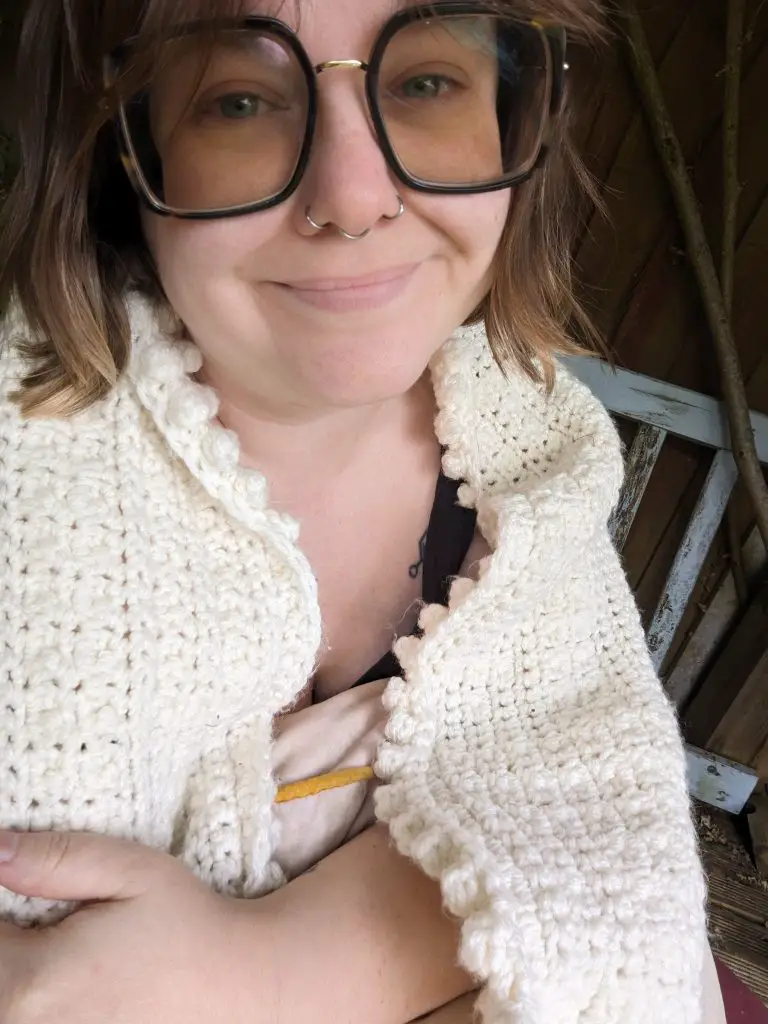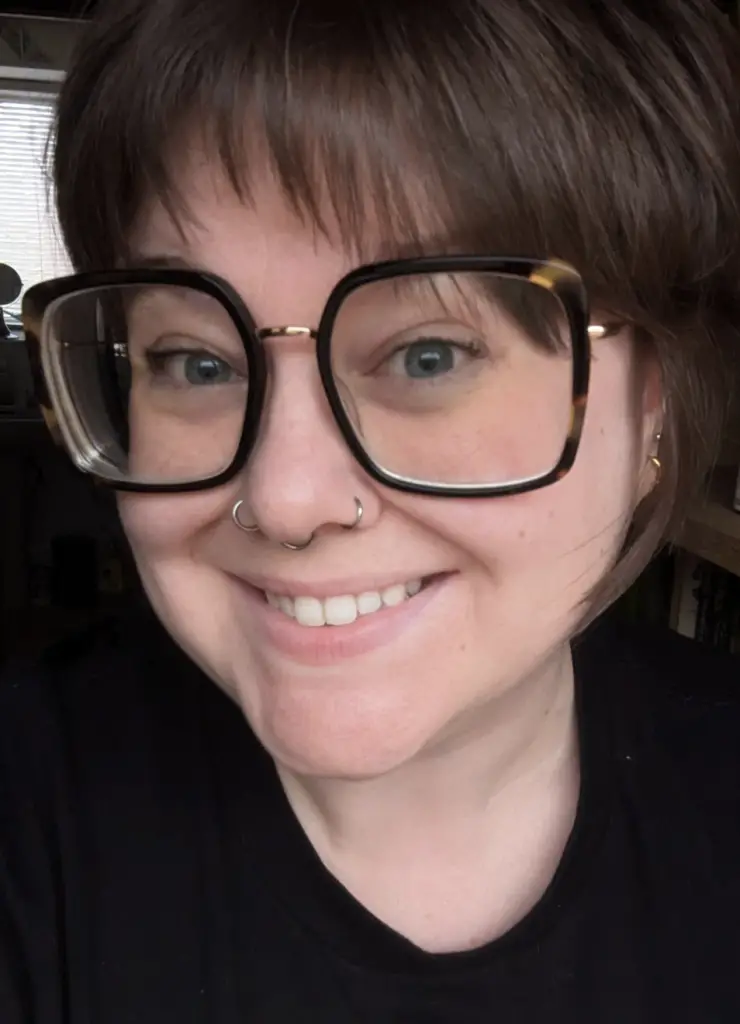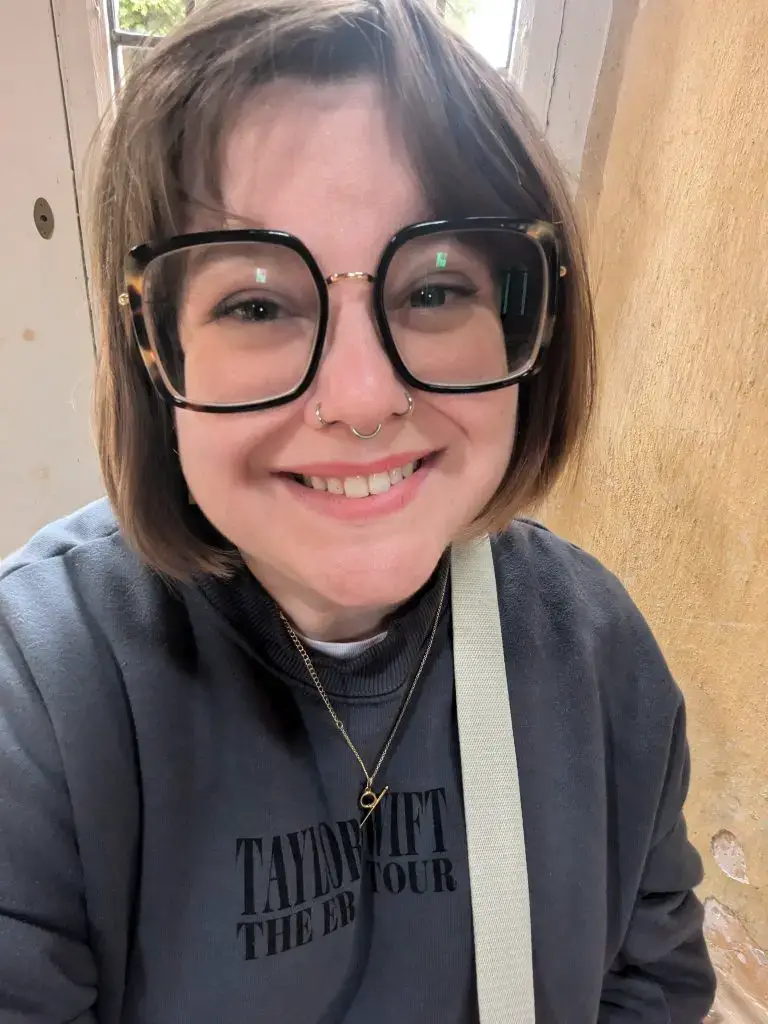Journey of Self-Discovery: Woman Finds Identity and Acceptance After Three Decades
The path to understanding one’s authentic self can be a lengthy and complex journey, particularly when navigating identities that remain less recognized in mainstream society. For journalist Emma Flint, this personal voyage of discovery spanned three decades before she found the terminology that accurately described her experience and provided the validation she had long sought.

The Challenge of Limited Awareness

Flint’s story begins in the 1990s, an era when public awareness and understanding of diverse identities within the LGBTQ+ community were significantly more limited than today’s expansive recognition. During this period, orientation categories were often presented in rigid, binary terms, leaving many individuals struggling to find their place within these narrow definitions.
“When I tell people about my identity, I’m often met with confusion,” Flint explained in her candid piece for Metro. “Questions like, ‘Is this even a real label?’ or ‘Why can’t you just pick one?’ are unfortunately common responses I encounter.”
This reaction highlights the ongoing challenge faced by individuals whose experiences don’t align with widely recognized categories. The lack of representation and understanding can create feelings of isolation and confusion, particularly for those seeking to understand their own authentic selves.
Growing Up Without Labels
Reflecting on her formative years, Flint described the profound sense of disconnection she experienced while trying to understand her identity within the available framework of the time. “I grew up feeling lost,” she shared. “It wasn’t that I didn’t know myself; it was that my identity kept shifting in ways I didn’t know how to explain.”
This experience resonates with many individuals who have felt constrained by traditional categorizations. The absence of appropriate terminology or representation can leave people questioning their experiences or feeling as though their authentic selves don’t fit within accepted norms.
During the 1990s, mainstream society primarily recognized orientations as fitting into specific categories such as heterosexual, homosexual, or lesbian identities. Any experiences that fell outside these established parameters were often dismissed as temporary confusion, experimentation, or rebellion rather than legitimate expressions of human diversity.
The Moment of Recognition
Flint’s transformative moment arrived in 2020 through the power of social media education. While browsing Instagram, she encountered a post by Zoe Stoller, a dedicated educator who focuses on raising awareness about lesser-known identities within the LGBTQ+ spectrum.
“It was like a light bulb went off,” Flint recalled of this pivotal discovery. “Finally, there was a term – abrosexual – that perfectly described what I had been experiencing all along.”
This moment of recognition demonstrates the profound impact that representation and education can have on individuals seeking to understand themselves. The availability of accurate terminology and community support can provide essential validation for those who have struggled to articulate their experiences.
Understanding Fluid Identity
According to educational resources, abrosexuality represents an orientation characterized by fluidity and change over time. The Sexuality Wiki defines it as “an orientation on the multisexual spectrum in which one’s attractions are changing or fluid.”
For Flint, this definition provided the framework she needed to understand her experiences. “It explained why my attraction sometimes aligned with being a lesbian, only to shift toward bisexuality weeks later,” she noted. “It wasn’t indecisiveness or confusion – it was simply how my identity naturally evolves.”
This understanding helped Flint reframe her experiences from something she perceived as inconsistent or problematic to a natural expression of human diversity. The validation of having appropriate terminology cannot be understated for individuals who have spent years questioning their authentic selves.
Navigating Disclosure and Acceptance
Despite finding clarity about her identity, Flint’s journey toward acceptance wasn’t without challenges. When she chose to confide in a close friend about her newfound understanding, the response was disappointingly dismissive, highlighting the ongoing need for education and awareness within society.
However, not all reactions have been negative. Flint has found meaningful support among friends and family members who, while initially unfamiliar with abrosexuality, made genuine efforts to educate themselves and provide understanding. This positive response demonstrates the importance of open communication and the willingness of loved ones to learn about unfamiliar concepts.
Addressing Common Misconceptions
One prevalent misconception surrounding fluid identities concerns their impact on romantic relationships. Critics often suggest that such fluidity creates complications or instability in committed partnerships.
Flint directly addresses this concern, explaining that her fluid identity doesn’t compromise her capacity for love and commitment. “I’m attracted to the person, not their gender,” she clarified. “My identity might fluctuate, but it doesn’t change my feelings for my partner.”
This perspective emphasizes that attraction fluidity doesn’t equate to relationship instability or an inability to form meaningful, lasting connections. Instead, it represents another dimension of human diversity that can coexist with deep emotional bonds and commitment.
Advocating for Understanding and Acceptance
Through sharing her story publicly, Flint hopes to contribute to greater awareness and normalization of diverse identities. She emphasizes that recognition of such identities isn’t about following trends or seeking attention, but rather about acknowledging the legitimate experiences of individuals who don’t fit traditional categories.
“It’s not about being trendy or different,” Flint stated. “It’s about understanding that identities like mine are valid, even if they’re unfamiliar to you.”
This message resonates beyond her specific experience, speaking to the broader need for society to expand its understanding of human diversity and create space for individuals whose experiences don’t align with mainstream expectations.
Finding Peace in Authenticity
After three decades of searching for understanding and acceptance, Flint has reached a place of peace with her identity. No longer constrained by others’ expectations or limited by societal misunderstandings, she embraces the fluidity that defines her experience.
“I’m excited to embrace this fluidity and see where it takes me,” she concluded. “What matters most is that it makes sense to me – and that’s enough.”
This journey toward self-acceptance serves as an inspiring example for others who may be struggling to understand their own identities. Flint’s story demonstrates that the path to self-discovery, while sometimes lengthy and challenging, ultimately leads to authentic living and personal fulfillment when individuals find the courage to embrace their true selves.

Sophia Rivers is an experienced News Content Editor with a sharp eye for detail and a passion for delivering accurate and engaging news stories. At TheArchivists, she specializes in curating, editing, and presenting news content that informs and resonates with a global audience.
Sophia holds a degree in Journalism from the University of Toronto, where she developed her skills in news reporting, media ethics, and digital journalism. Her expertise lies in identifying key stories, crafting compelling narratives, and ensuring journalistic integrity in every piece she edits.
Known for her precision and dedication to the truth, Sophia thrives in the fast-paced world of news editing. At TheArchivists, she focuses on producing high-quality news content that keeps readers informed while maintaining a balanced and insightful perspective.
With a commitment to delivering impactful journalism, Sophia is passionate about bringing clarity to complex issues and amplifying voices that matter. Her work reflects her belief in the power of news to shape conversations and inspire change.
